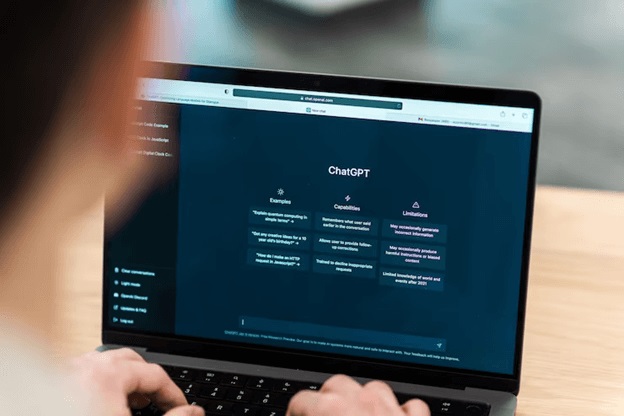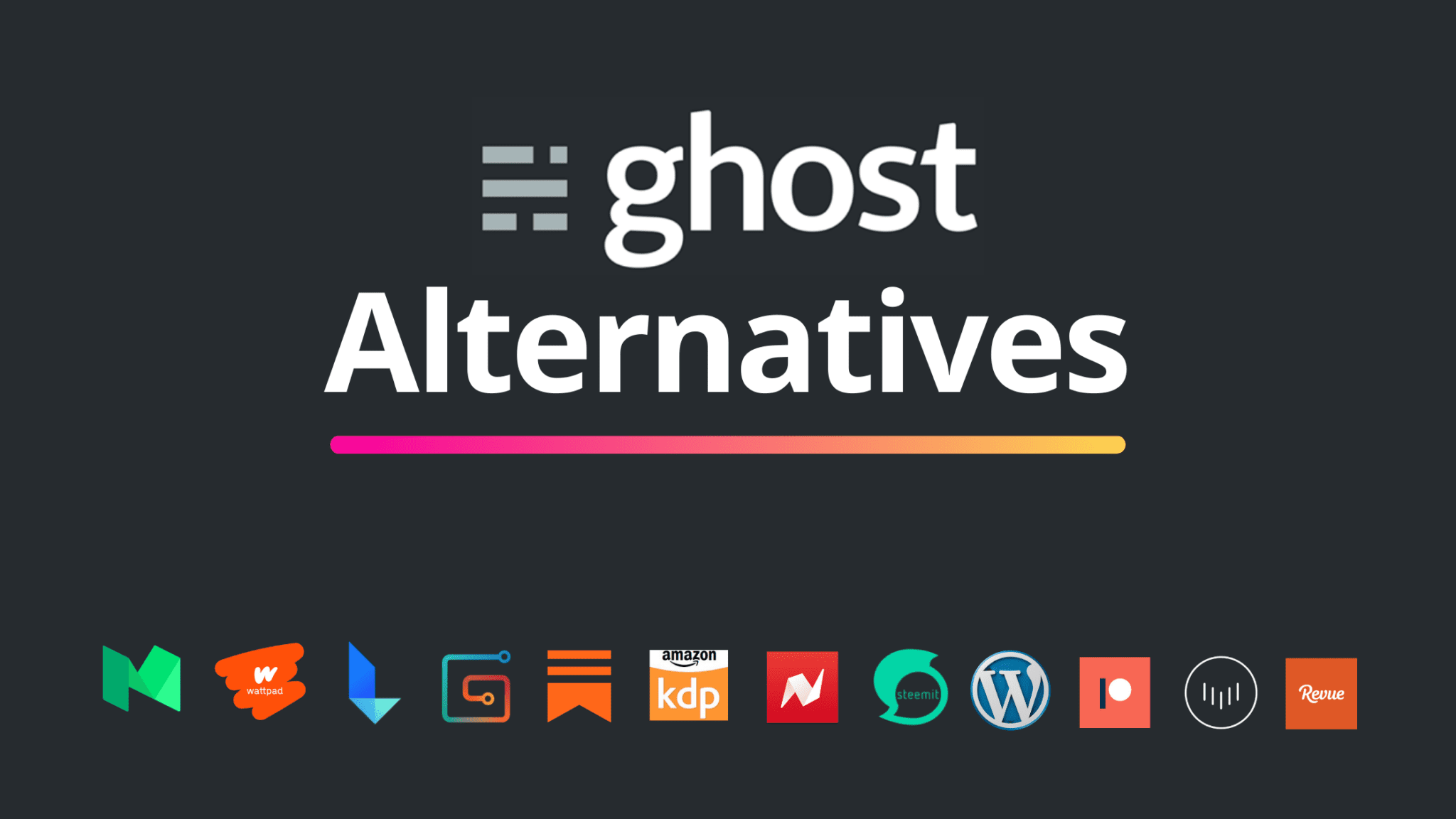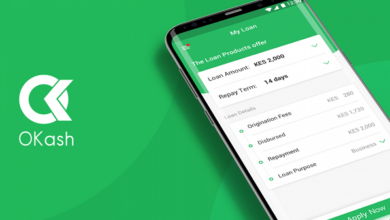The Impact of ChatGPT on Payment Systems

From barter to blockchain, payment systems have undergone a remarkable evolution, reflecting humanity’s ingenuity and technological progress. This article delves into the rich history and transformative innovations that have shaped the way we exchange value. We’ll examine ancient methods of trade, the advent of currency, and the emergence of digital payment technologies, all while considering the impact of ChatGPT for payments. Join us as we journey through the dynamic landscape of payment systems, exploring the past, present, and future of this essential aspect of economic interaction.
ChatGPT in Customer Service
Revolutionizing Customer Interactions
In the realm of customer service, ChatGPT has emerged as a game-changer, transforming the way businesses interact with their clients. By integrating ChatGPT into virtual assistants and chatbots, companies can provide unparalleled levels of support and engagement. These AI-powered entities leverage ChatGPT’s natural language processing capabilities to understand and respond to customer inquiries promptly and accurately.
Personalized Assistance
Gone are the days of generic responses and long wait times. With ChatGPT, customers receive personalized assistance tailored to their specific needs and preferences. Whether it’s troubleshooting an issue, providing product recommendations, or addressing billing inquiries, ChatGPT-powered virtual assistants deliver relevant and helpful responses in real-time.
Round-the-Clock Availability
One of the most significant advantages of ChatGPT in customer service is its round-the-clock availability. Unlike human agents who have limited working hours, ChatGPT-powered virtual assistants are available 24/7, ensuring that customers can get assistance whenever they need it. This enhanced accessibility not only improves customer satisfaction but also helps businesses cater to a global audience across different time zones.
Seamless Integration
Another key benefit of ChatGPT in customer service is its seamless integration across various communication channels. Whether customers prefer to interact via web chat, mobile app, social media, or voice assistant, ChatGPT-powered solutions offer consistent and cohesive support experiences. This omnichannel approach ensures that customers can engage with businesses on their preferred platforms without encountering any friction or disruptions.
Continuous Improvement
Furthermore, ChatGPT’s ability to learn and adapt over time enables continuous improvement in customer service operations. By analyzing customer interactions and feedback, businesses can identify areas for optimization and refine their ChatGPT-powered systems to deliver even better service. This iterative process not only enhances customer satisfaction but also drives operational efficiency and cost savings in the long run.
Fraud Detection and Prevention
Advanced AI-Powered Solutions
In the complex landscape of financial transactions, fraud detection and prevention have become paramount concerns for businesses and consumers alike. ChatGPT offers advanced AI-powered solutions that revolutionize the way fraud is identified and thwarted in payment systems. Leveraging sophisticated algorithms and machine learning techniques, ChatGPT analyzes vast volumes of transactional data to detect patterns indicative of fraudulent activity.
Real-Time Monitoring and Analysis
One of the key advantages of ChatGPT in fraud detection is its ability to monitor transactions in real-time and analyze them for suspicious behavior. By continuously monitoring transactional patterns and user interactions, ChatGPT can swiftly identify anomalies and flag potentially fraudulent activities for further investigation. This proactive approach enables financial institutions to respond promptly to emerging threats and mitigate risks before they escalate.
Granular Behavioral Analysis
ChatGPT’s natural language understanding capabilities enable it to conduct granular behavioral analysis, providing deeper insights into user interactions and transactional patterns. By analyzing contextual information and user behavior, ChatGPT can detect subtle deviations from normal patterns that may indicate fraudulent activity. This nuanced approach enhances the accuracy and effectiveness of fraud detection, minimizing false positives and ensuring that genuine transactions are not mistakenly flagged as fraudulent.
Adaptive Risk Assessment
Furthermore, ChatGPT facilitates adaptive risk assessment by continuously learning from new data and adjusting its algorithms accordingly. By incorporating feedback and insights from ongoing monitoring, ChatGPT can refine its fraud detection models and adapt to evolving threats in real-time. This dynamic approach ensures that financial institutions stay one step ahead of fraudsters and effectively safeguard their payment systems against emerging risks.
Collaboration and Integration
Lastly, ChatGPT fosters collaboration and integration across various fraud detection systems and processes. By seamlessly integrating with existing fraud prevention tools and technologies, ChatGPT enhances the overall effectiveness of fraud detection efforts. Whether it’s analyzing transactional data, generating alerts for suspicious activities, or assisting in fraud investigations, ChatGPT plays a pivotal role in strengthening the resilience of payment systems against fraudulent behavior.
Enhancing Payment Security
Biometric Authentication
In the quest for enhanced payment security, biometric authentication emerges as a cornerstone feature facilitated by ChatGPT. By leveraging biometric data such as fingerprints, facial recognition, or iris scans, ChatGPT ensures secure user authentication during payment transactions. This advanced authentication mechanism adds an extra layer of protection against unauthorized access and identity theft, as biometric identifiers are unique to each individual and difficult to replicate or forge.
Facial Recognition
Among the various biometric authentication methods, facial recognition stands out as a particularly robust and user-friendly option. ChatGPT utilizes sophisticated facial recognition technology to verify user identity during payment transactions. By analyzing facial features and comparing them against stored biometric data, ChatGPT ensures that only authorized individuals can initiate and authorize payments, minimizing the risk of fraud and unauthorized access.
Fingerprint Authentication
Another widely adopted biometric authentication method is fingerprint authentication, which offers a high level of security and convenience. ChatGPT integrates fingerprint authentication into payment systems, allowing users to authenticate transactions using their fingerprints. This biometric identifier serves as a unique digital signature, ensuring that only the rightful owner of the device can authorize payments, even in the absence of traditional authentication methods such as passwords or PINs.
Data Encryption
In addition to biometric authentication, ChatGPT employs robust data encryption protocols to safeguard sensitive information exchanged during payment transactions. Through encryption, ChatGPT ensures that payment card details, personal data, and other sensitive information remain secure and protected from unauthorized access or interception by malicious actors. By encrypting communication channels and data storage, ChatGPT maintains the confidentiality and integrity of payment transactions, mitigating the risk of data breaches and cyberattacks.
Secure Communication Channels
ChatGPT facilitates secure communication channels between users and payment systems, leveraging encryption protocols to encrypt data transmitted over networks. This encryption ensures that sensitive information, such as payment card details and personal data, remains confidential and protected from eavesdropping or interception by unauthorized parties. By establishing secure communication channels, ChatGPT enhances the security of payment transactions and safeguards sensitive information from potential threats.
Data Protection
Furthermore, ChatGPT implements robust data protection measures to safeguard sensitive information stored within payment systems. By encrypting stored data and implementing access controls, ChatGPT ensures that only authorized individuals can access and manipulate sensitive information. This data protection framework complies with industry standards and regulations, such as GDPR and PCI DSS, to uphold user privacy and security while maintaining compliance with legal requirements.
Compliance
Lastly, ChatGPT ensures compliance with data protection regulations and industry standards to uphold the highest standards of security and privacy in payment transactions. By adhering to regulations such as GDPR (General Data Protection Regulation) and PCI DSS (Payment Card Industry Data Security Standard), ChatGPT ensures that payment systems meet stringent security requirements and safeguard user data against unauthorized access or misuse. Through compliance with regulatory frameworks, ChatGPT demonstrates a commitment to protecting user privacy and security while fostering trust and confidence in payment systems.
Future Prospects and Innovations
AI-Powered Predictive Analytics
The future of payment systems holds tremendous potential for innovation, with AI-powered predictive analytics poised to play a central role in shaping the landscape. ChatGPT’s advanced capabilities in data analysis and machine learning enable it to forecast potential fraud trends and preemptively identify areas of vulnerability in payment systems. By leveraging predictive modeling techniques, ChatGPT can analyze historical transactional data, identify patterns, and predict potential fraudulent activities before they occur. This proactive approach empowers financial institutions to stay ahead of emerging threats and take preemptive measures to mitigate risks, thereby enhancing the overall security and resilience of payment systems.
Behavioral Analysis
In addition to predictive modeling, ChatGPT conducts granular behavioral analysis to detect anomalies and identify suspicious activities in payment transactions. By analyzing user behavior and transactional patterns in real-time, ChatGPT can identify deviations from normal behavior that may indicate fraudulent activity. This contextual analysis enables ChatGPT to generate accurate alerts for suspicious transactions, facilitating swift intervention by fraud prevention teams. By combining predictive analytics with behavioral analysis, ChatGPT enhances the effectiveness of fraud detection efforts and enables financial institutions to stay one step ahead of fraudsters.
Integration with Blockchain Technology
Furthermore, the integration of ChatGPT with blockchain technology holds immense promise for enhancing the security and transparency of payment transactions. Blockchain, a decentralized and immutable ledger technology, offers a secure and transparent platform for recording transactions. By integrating ChatGPT with blockchain technology, financial institutions can leverage the inherent security features of blockchain to verify and validate payment transactions in real-time. This integration ensures that payment transactions are tamper-proof and transparent, reducing the risk of fraud and manipulation. Moreover, ChatGPT can facilitate the implementation of smart contracts on blockchain, enabling automated execution of payment agreements based on predefined conditions. This automation streamlines payment processes, reduces reliance on intermediaries, and enhances the efficiency of payment transactions.
Decentralized Verification
One of the key benefits of integrating ChatGPT with blockchain technology is decentralized verification of payment transactions. Unlike traditional centralized payment systems, which rely on a single trusted authority to verify transactions, blockchain distributes transaction verification across a network of nodes. By leveraging blockchain’s decentralized architecture, ChatGPT ensures that payment transactions are verified and validated by multiple nodes in the network, enhancing the security and reliability of the verification process.
Smart Contracts
Moreover, ChatGPT facilitates the implementation of smart contracts on blockchain, enabling automated execution of payment agreements without the need for intermediaries. Smart contracts are self-executing contracts coded on blockchain, which automatically execute predefined actions when specified conditions are met. By leveraging ChatGPT’s natural language processing capabilities, financial institutions can create smart contracts that automate payment agreements based on predefined conditions. This automation reduces the need for manual intervention in payment processes, streamlines transaction settlements, and enhances the efficiency of payment transactions.
Continuous Learning and Adaptation
As payment systems evolve and new threats emerge, ChatGPT continues to evolve and adapt to changing circumstances. Through continuous learning and adaptation, ChatGPT incorporates feedback and insights from ongoing transactions to improve its fraud detection models and enhance the effectiveness of fraud prevention efforts. By analyzing transactional data in real-time and identifying emerging patterns, ChatGPT can proactively respond to evolving threats and mitigate risks before they escalate. This dynamic approach ensures that financial institutions stay ahead of fraudsters and effectively safeguard their payment systems against emerging risks.
Iterative Improvement
Furthermore, ChatGPT’s iterative improvement process enables financial institutions to refine their fraud detection models and enhance the accuracy and effectiveness of fraud prevention efforts over time. By analyzing transactional data and user interactions, ChatGPT identifies areas for optimization and adjusts its algorithms accordingly to improve performance. This iterative improvement process enables financial institutions to stay one step ahead of fraudsters and effectively protect their payment systems against emerging threats.
Collaboration and Integration
Lastly, ChatGPT fosters collaboration and integration across various fraud detection systems and processes, enabling financial institutions to leverage the collective intelligence of multiple AI-powered tools and technologies. By seamlessly integrating with existing fraud prevention tools and technologies, ChatGPT enhances the overall effectiveness of fraud detection efforts and enables financial institutions to detect and prevent fraud more effectively. Whether it’s analyzing transactional data, generating alerts for suspicious activities, or assisting in fraud investigations, ChatGPT plays a pivotal role in strengthening the resilience of payment systems against fraudulent behavior.
Conclusion
As ChatGPT continues to advance in its capabilities, its impact on payment systems is poised to grow exponentially. From enhancing customer service to optimizing fraud detection and improving payment security, ChatGPT is reshaping the way we interact with and safeguard financial transactions.
Frequently Asked Questions
1. How does ChatGPT improve customer service in payments?
ChatGPT enhances customer service by providing instant responses, personalized interactions, and 24/7 availability through virtual assistants and chatbots.
2. What role does ChatGPT play in fraud detection and prevention?
ChatGPT analyzes transactional data, detects patterns indicative of fraudulent activity, and assists in real-time monitoring and risk assessment to prevent fraud.
3. How does ChatGPT contribute to payment security?
ChatGPT enhances payment security through biometric authentication, data encryption, and secure communication protocols to safeguard sensitive information and protect against unauthorized access.
4. What are some future prospects for ChatGPT in payments?
Future prospects include AI-powered predictive analytics for fraud detection, integration with blockchain technology for decentralized verification, and continuous learning to improve accuracy and effectiveness.
5. How does ChatGPT ensure compliance with data protection regulations?
ChatGPT adheres to data protection regulations such as GDPR and PCI DSS by implementing encryption protocols, securing communication channels, and safeguarding sensitive user information.



